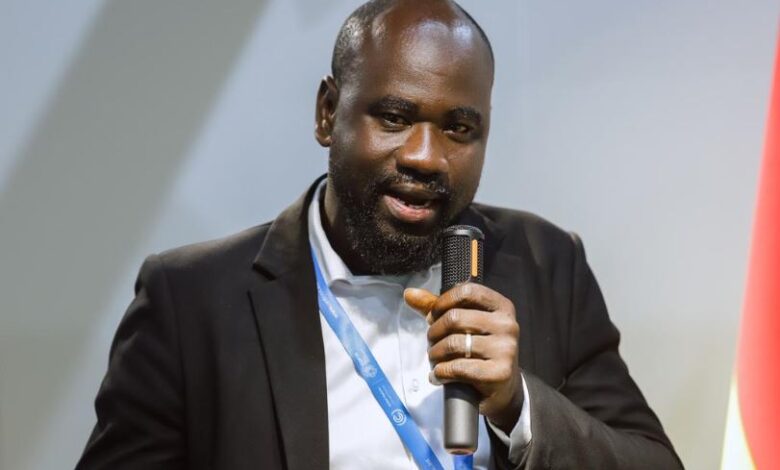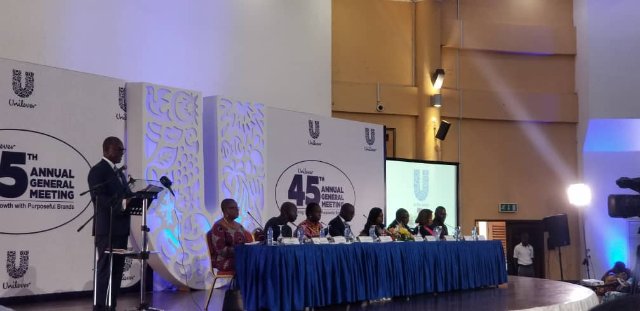Asian African Consortium Assures Investors of Sustainable Rice Production and Food Security

The Northern Sector Coordinator of Asean African Consortium (AAC), a subsidiary of the Jospong Group of Companies, Peter Dawuni, has reaffirmed the company’s commitment to its rice revolution agenda in Ghana.
He assured potential investors that sufficient land acquisition was in place to support the project.
“We have legally secured 200,000 acres of land to sustain our rice revolution project, making it an attractive opportunity for investors, and we possess all necessary documents covering this transaction,” Mr Dawuni disclosed.
He stressed that any investor partnering with AAC will not face land-related challenges, assuring further that “we’re confident our partnership will drive growth, improve food security, and contribute to Ghana’s economic development.”
Mr. Dawuni delivered these assurances during a presentation on Sustainable Practices In Food, Agriculture, & Water Management at the UN Climate Change Conference in Baku, Azerbaijan, on November 19, 2024.
He emphasised the importance of collaborative efforts between public and private sectors.
The 200,000-land acquisition, he said, was a crucial step in AAC’s long-term strategy to reduce rice importation in Ghana, aiming to produce 720,000 metric tonnes of rice within five years.
Additionally, AAC plans to expand investments across Africa, prioritising food security continent-wide, he noted.
“We must collectively ensure food security for Ghana and our neighbouring countries,” mr. Dawuni urged.
“Our focus isn’t solely on profitability but making a tangible impact through sustainable food security,” he affirmed.
To this end, the northern coordinator of AAA recounted that his outfit conducted extensive research domestically and internationally, studying best practices from Thailand, Japan, China, and France.
He highlighted their adoption of sustainable agricultural practices including Alternative Wetting and Drying (AWD), compost application and agroforestry.
According to him, AWD was particularly effective for rice production, stressing that the company’s increased compost use significantly reduces carbon emissions in Ghana.
To achieve sustainable rice production and related agricultural development, he indicated that AAC was exploring equity and debt financing options, adopting climate-resilient agricultural practices, leveraging on appropriate climate-smart technologies, and fostering collaborative private-public partnerships.
He maintained that by adopting these strategies, AAC has clearly demonstrated its commitment to environmentally friendly and sustainable rice production, supporting Ghana’s food security and economic growth.
Mr. Awuni announced that Jospong Group and its partners intend to venture into large-scale commercial agriculture, initially focusing on the cultivation and production of onions, soya beans, maize, rice and poultry.


